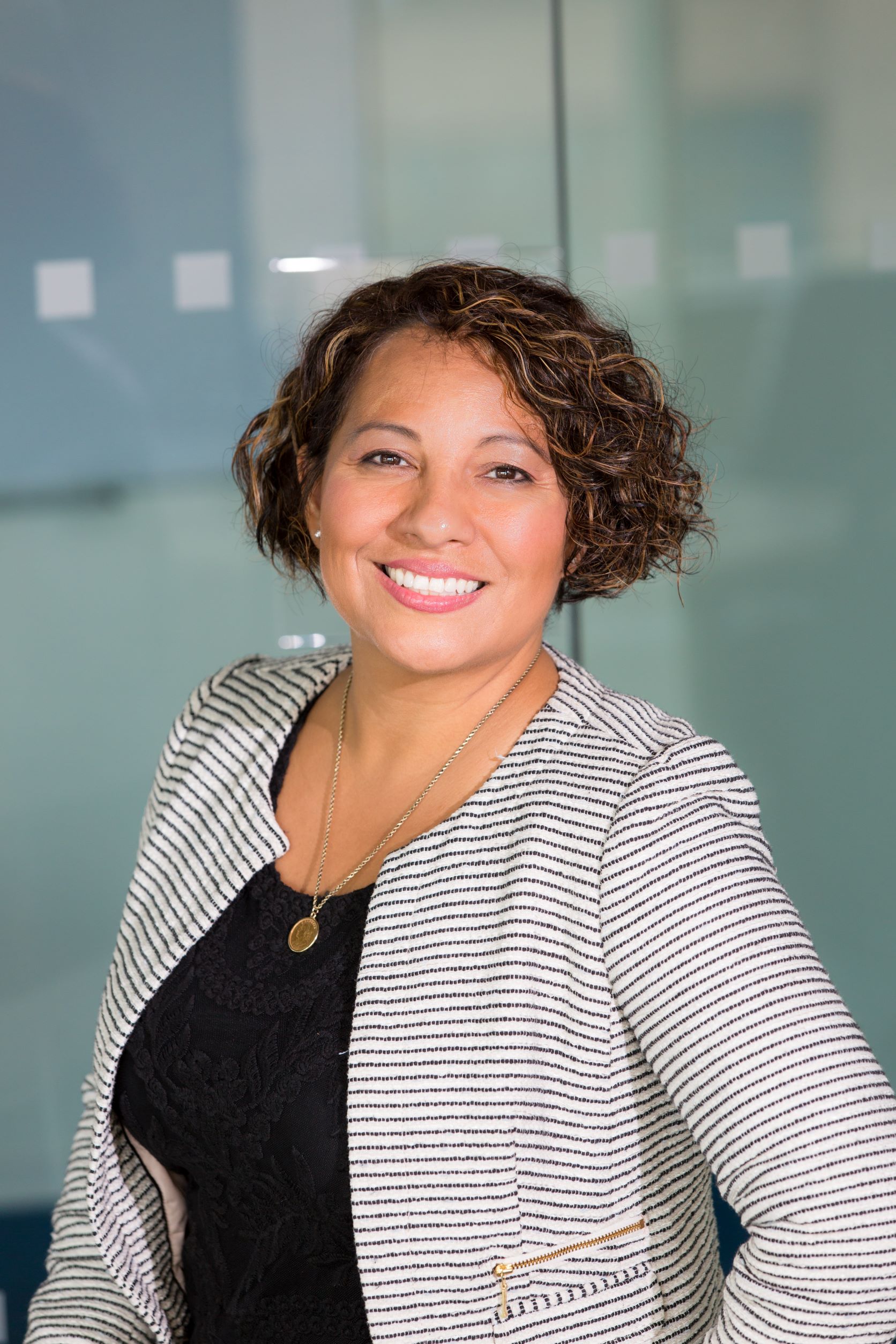Nutrition Related Concerns for Women over age 50
Women over 50 years of age have unique needs when it comes to health and nutrition. We will explore these here.

Heart Disease
Heart disease is the number one killer in women, and the risk of cardiovascular disease increases in women over 40 and then more so when a woman hits menopause. With menopause, women lose the protective effect of estrogen.
Studies show that the risk factors for heart disease include diabetes, high cholesterol and triglycerides, poor diet, excessive alcohol intake, lack of exercise and additional weight. Stress is also a major factor. Keep in mind, traditional clinical trials involved men, so we still have a lot to learn about women and heart disease.
In addition, the symptoms that women experience when having a heart attack are much different than men and aside from chest, jaw and shoulder pain, symptoms in women can include nausea and vomiting, fatigue, erratic blood pressure or possibly no symptoms at all and a normal EKG.
Physical activity and eating a nutritious diet containing fruits, vegetables, lean meats, whole grains – all which contain antioxidants - are a protection factor against chronic disease and aiding in the reduction of risk factors.
Weight Concerns
At menopause, many women experience weight gain, particularly around the abdomen, which is a risk factor for heart disease. Contributors to weight gain at menopause include declining estrogen levels, age-related loss of muscle tissue and of course lifestyle factors such as diet and lack of exercise.
Muscle requires more calories, whereas fat does not. Regular exercise and strength training can help build muscle that in turn can aid in increasing metabolism. “Diets” do not work. Dieting increases pre-occupation with food and blunted hunger cues. Diets also can result in serious eating disorders.
Whatever you need to do to lose weight is the exact same thing that you must do to maintain weight. Therefore, people who embark on diets typically lose 5 to 10 percent of their starting weight in the first six months. A weight loss of 5 – 10% is realistic as if maintained for a year, risk factors for cardiovascular disease and diabetes decrease significantly. However, at least one-third to two-thirds of people on diets regain more weight than they lost within four or five years. Therefore, 97 percent of dieters regain everything they lost and then some within three years.
Eating Disorders
Age does not decrease the risk for developing an eating disorder and adult women face many barriers to treatment as eating disorders are often thought of as a “young persons” issue. A total of 13% of U.S. women 50 years of age and older have eating disorder symptoms, which is slightly more than the percentage diagnosed with breast cancer.
The most frequently seen eating disorder in adult women is otherwise specified feeding and eating disorder (known as OSFED), which is a combination of symptoms of anorexia and bulimia nervosa. Binge eating disorder is also common among older women.
What perpetuates eating disorders include stress and pressures in the workplace, women over 50 as duel care givers to both aging parents and their young adult children, which then may cause changes within their marital and family relationships.
Another factor for eating disorders in middle-aged women includes the change in hormones accompanied by physical changes and natural aging progression women experience from childbearing to and beyond menopausal years.
The emphasis on societal and cultural messages which include the desire for youth and vitality that we see through repeated messages and images in the media, including social media.
Take home points
Nutrition is a science, not an opinion. A registered dietitian earns a bachelor's degree from an accredited university through the academy of nutrition, and a post baccalaureate accredited internship is required along with passing of national board examination. A registered dietitian can help a woman examine her diet and work together with her to create a realistic food plan that can be incorporated for life.
At RCBM, we offer a comprehensive eating disorders treatment program and a comprehensive weight management program that is sound, without “gimmicks.” Both programs include nutrition, medication management and psychotherapy.












